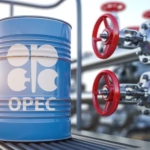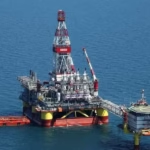Physical Address
304 North Cardinal St.
Dorchester Center, MA 02124
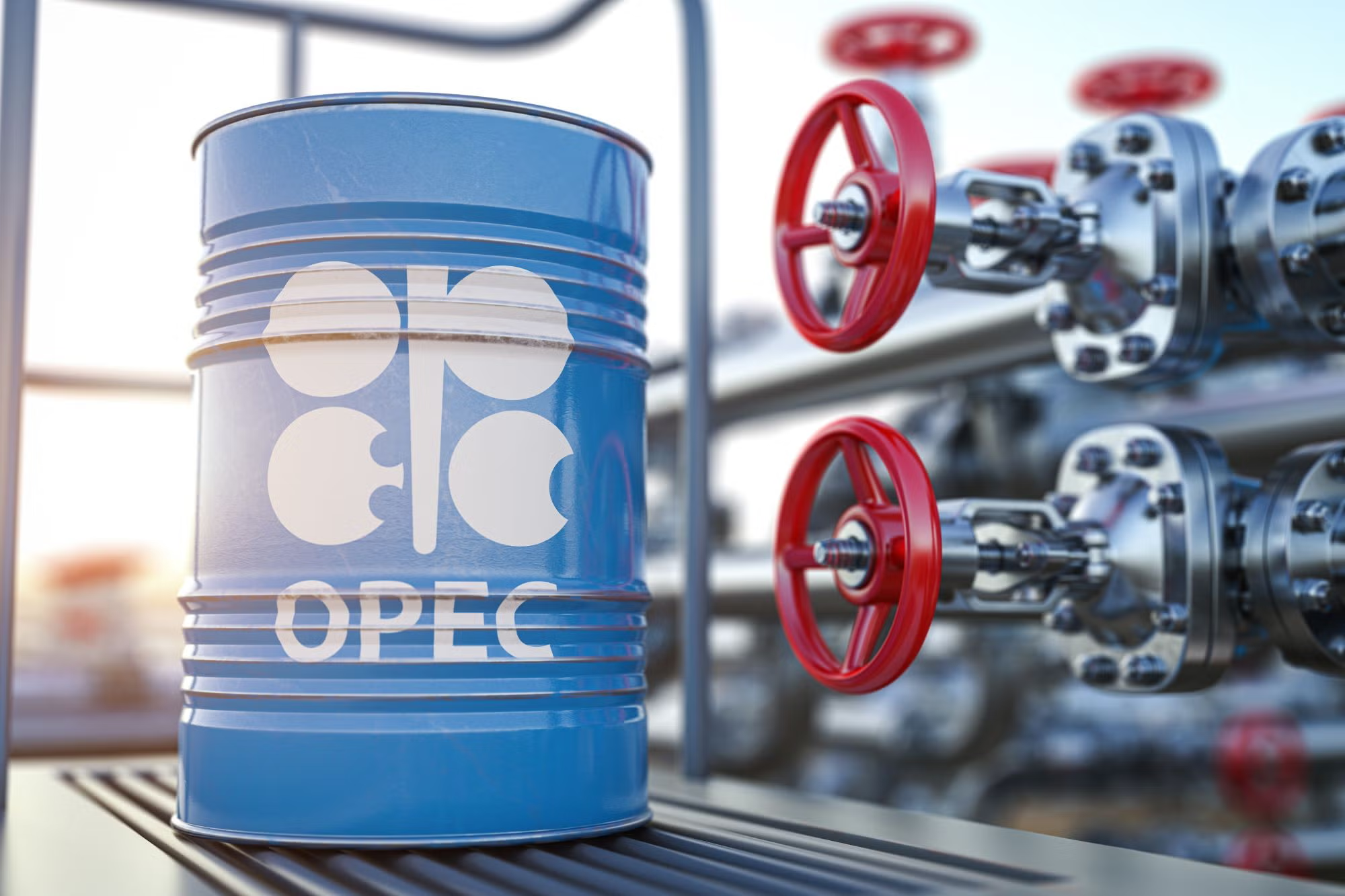
Oil is the lifeblood of the global economy, fueling industries, powering transportation, and underpinning the financial stability of nations. While free-market forces influence oil to some extent, the truth is that one group wields extraordinary power in shaping supply, demand, and prices: OPEC+.
Formed through an alliance of the Organization of the Petroleum Exporting Countries (OPEC) and other major producers like Russia, OPEC+ has become the most influential coalition in modern energy markets. Its decisions ripple through economies, dictate fuel prices, and affect everything from inflation to geopolitics.
But how exactly does OPEC+ shape global oil markets on a daily, monthly, and long-term basis? Let’s take a closer look.
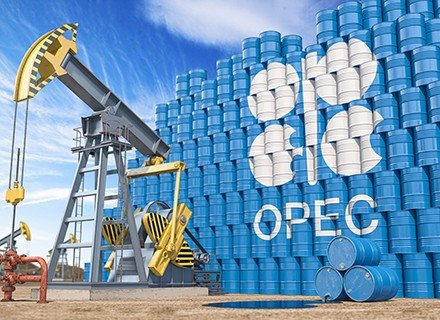
OPEC, founded in 1960, is a permanent intergovernmental organization that coordinates and unifies the petroleum policies of its member states. As of 2025, it has 13 members, including Saudi Arabia, Iraq, Iran, Venezuela, and Nigeria (OPEC ). In 2016, OPEC formed an alliance with 10 additional oil-producing nations most notably Russia, Kazakhstan, and Mexico creating the expanded group now known as OPEC+. Together, OPEC+ controls over 50% of global oil supply and more than 90% of proven reserves (IEA ). This unprecedented concentration of market power makes OPEC+ a central player in global energy politics.
Daily oil price fluctuations often respond directly to OPEC+ announcements, meetings, or even rumors. Traders closely monitor every official statement.
Production Cuts → Prices Rise: When OPEC+ restricts supply, markets price in tighter availability, pushing crude higher.
Production Increases → Prices Fall: Looser supply caps lead to downward pressure.
Uncertainty → Volatility: Even speculation about disagreements can swing markets.
In October 2022, OPEC+ announced a cut of 2 million barrels per day. Oil prices jumped despite fears of a global slowdown (BBC).
OPEC+ faces a constant dilemma:
Oil-exporting nations want higher prices to fund budgets and social programs.
Oil-importing nations prefer lower prices to reduce inflation and support growth.
This balancing act places OPEC+ in the middle of global economic stability. Too much restriction can spark inflation worldwide; too little restraint can bankrupt oil-dependent states.
Beyond economics, OPEC+ wields geopolitical influence. Control over supply grants leverage in international relations.
The U.S. often pressures Saudi Arabia to keep prices moderate for domestic political reasons.
Russia has used its role in OPEC+ to secure influence during sanctions and the Ukraine war.
Developing economies like Nigeria or Angola rely on OPEC+ policies for fiscal survival.
In 2022, Western nations urged OPEC+ to raise production to ease high energy costs during the Ukraine crisis, but the group resisted, underscoring its independence (Al Jazeera).
At its core, OPEC+ exists to coordinate production levels to stabilize oil markets. The group aims to avoid two extremes:
Oversupply, which can crash prices and hurt oil-exporting economies.
Undersupply, which can cause extreme volatility, inflation, and damage to global demand.
By adjusting production quotas, OPEC+ seeks a balance that maintains revenues for producers while keeping prices within a range tolerable for consumers.
In April 2020, as COVID-19 lockdowns crushed demand, OPEC+ agreed to historic production cuts of nearly 10 million barrels per day (Reuters), the largest coordinated cut in history. This move was crucial in preventing a total collapse of global oil markets.

While every member has a voice, Saudi Arabia and Russia dominate OPEC+ decisions.
Saudi Arabia, as the world’s largest exporter and the de facto leader of OPEC, often sets the tone.
Russia, with its vast reserves and geopolitical clout, provides the necessary balance, ensuring OPEC+ is more than just a Middle Eastern bloc.
When these two nations align, OPEC+ speaks with authority. But disagreements between Riyadh and Moscow can trigger volatility, as seen in March 2020, when Russia refused to join deeper cuts, leading to a price war and a crash in crude prices (Financial Times).
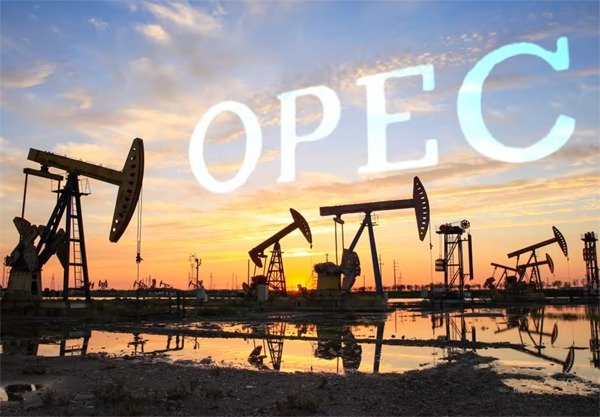
Part of OPEC+’s power lies not only in its actions but also in its communications strategy. Markets react instantly to press releases, leaks, or even speculative headlines.
An OPEC+ meeting scheduled in Vienna can move prices before any decision is made.
Statements from Saudi or Russian energy ministers are treated as signals by traders worldwide.
This psychological impact often amplifies volatility in oil futures markets.
While OPEC+ has been remarkably successful in maintaining its role, it faces growing challenges:
Shale Oil Competition: The U.S. shale boom has made America the world’s largest oil producer (EIA). Unlike OPEC+, shale producers can ramp output up and down quickly, disrupting price control.
Energy Transition: The global push toward renewables and decarbonization may reduce oil demand over time.
Internal Disputes: Member nations often clash over quotas, compliance, and national priorities.
Geopolitical Strains: Sanctions, wars, and alliances complicate decision-making.
Looking ahead, OPEC+ will remain a central pillar of global energy governance. Even as renewable energy grows, oil demand is expected to remain robust in sectors like aviation, petrochemicals, and shipping (IEA World Energy Outlook).
OPEC+’s ability to adjust production in response to shocks, whether pandemics, wars, or economic crises ensures it will remain a key stabilizer.
However, the group must navigate a delicate future: sustaining influence in a world gradually shifting away from fossil fuels while maintaining relevance in a more diversified energy system.
The role of OPEC+ in shaping global oil markets cannot be overstated. From managing supply and stabilizing prices to influencing geopolitics and investor sentiment, OPEC+ is both an economic regulator and a political force.
Its decisions are felt far beyond the oil patch: in the price of gasoline at the pump, in the inflation rate of nations, and in the strategies of global superpowers. As long as the world runs on oil, OPEC+ will remain a defining player in the global economy.


